
Prevention and Control of Enteric Viruses
The Enteric Viruses Control Specialist certificate program is designed for berry growers, frozen fruit processors, and re-packers who perform work in growing, harvesting, and processing produce.
Participants who complete the five course certificate program will be formally recognized as an expert, designated to control Enteric Viruses within their facilities.
This certificate program is based on the Enteric Viruses Control Program, devised by the AFFI Frozen Fruit Working Group encompassing five core areas: good agricultural practices (GAPs), facility/processing operations, worker health and hygiene, water management, and waste management.
Interested in the program, need more information, or need pricing for you or your organization? Contact us for more information.
Prevention and Control of Enteric Viruses Program FAQs
Do I have to take all five courses in the Prevention and Control of Enteric Viruses Program?
The courses can be taken independently. That may be helpful for focusing training on certain groups of food employees. However, only after all five courses are completed, can the Enteric Viruses Control Specialist program certificate be issued.
What do you receive upon completion of this course?
Upon successful completion of the program, participants will receive a Enteric Viruses Control Specialist certificate that is valid for three years and will be formally recognized. Participants may also request a letter be sent to their CEO or supervisor upon completion of the Enteric Viruses Control Specialist.
Does it matter what order I take the courses?
The recommended order of courses is:
Foodborne Enteric Viruses
Worker Health and Hygiene
Controlled Use of Water
Equipment and Tools
Waste Management

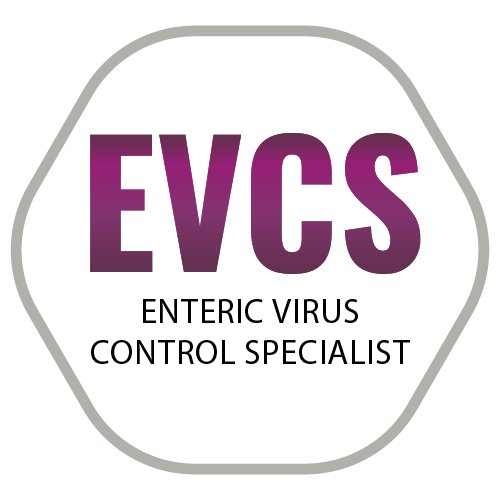


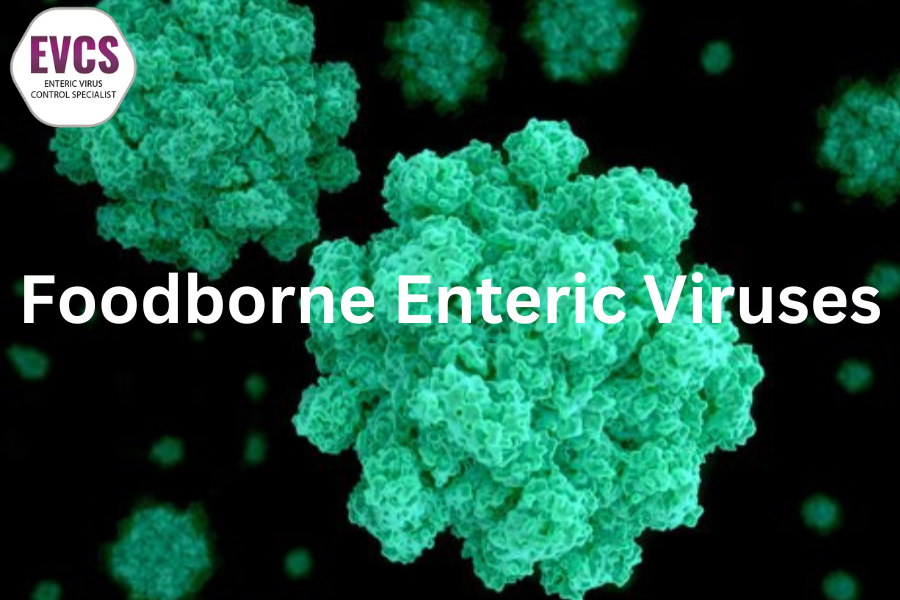

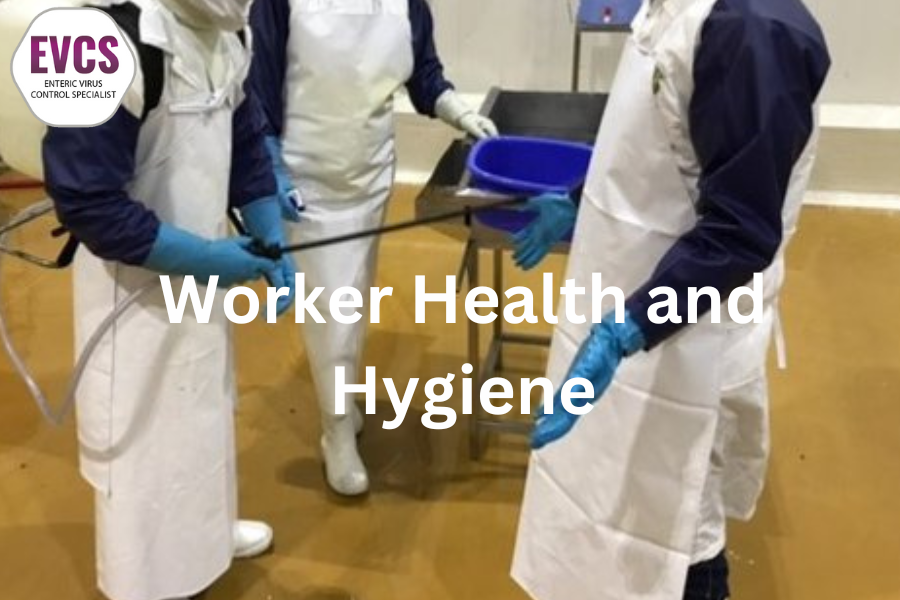


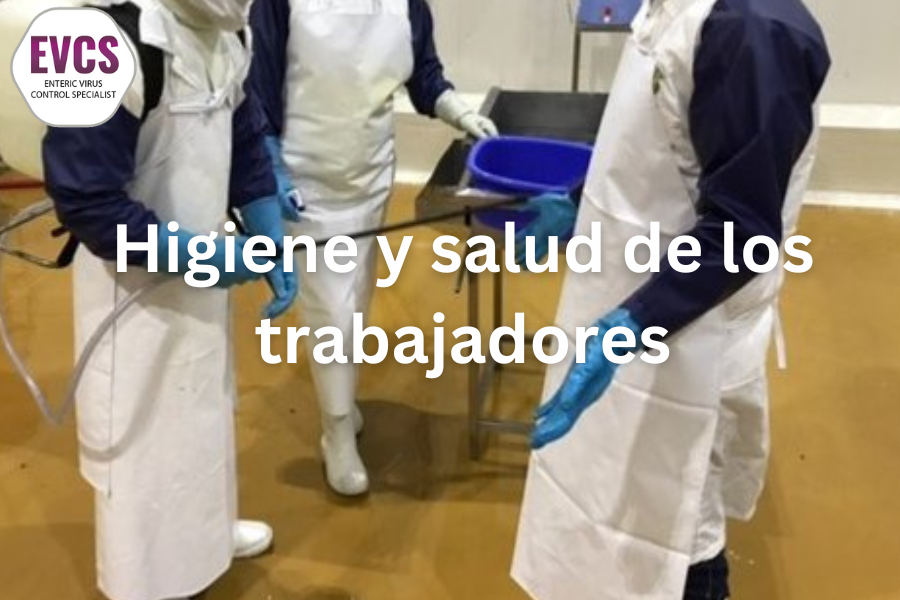
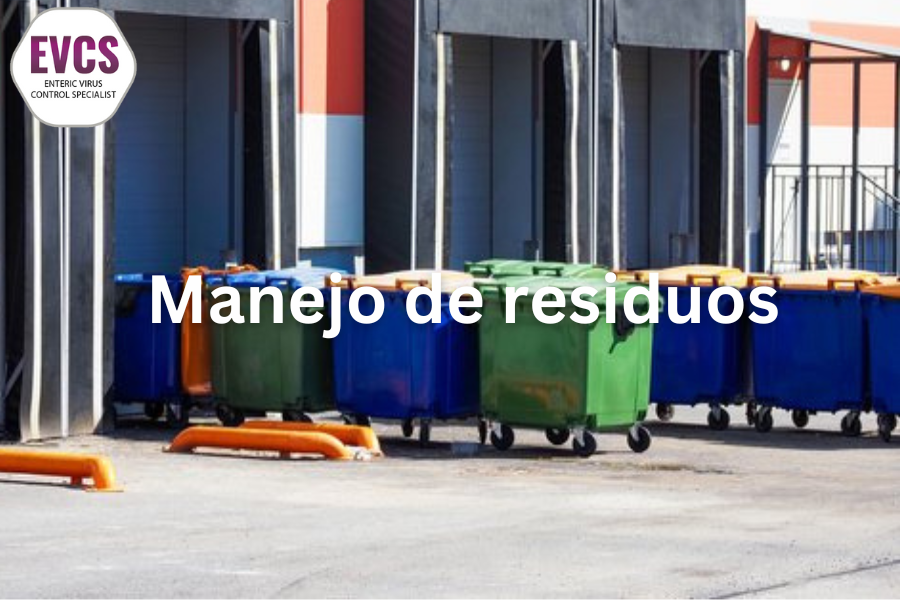

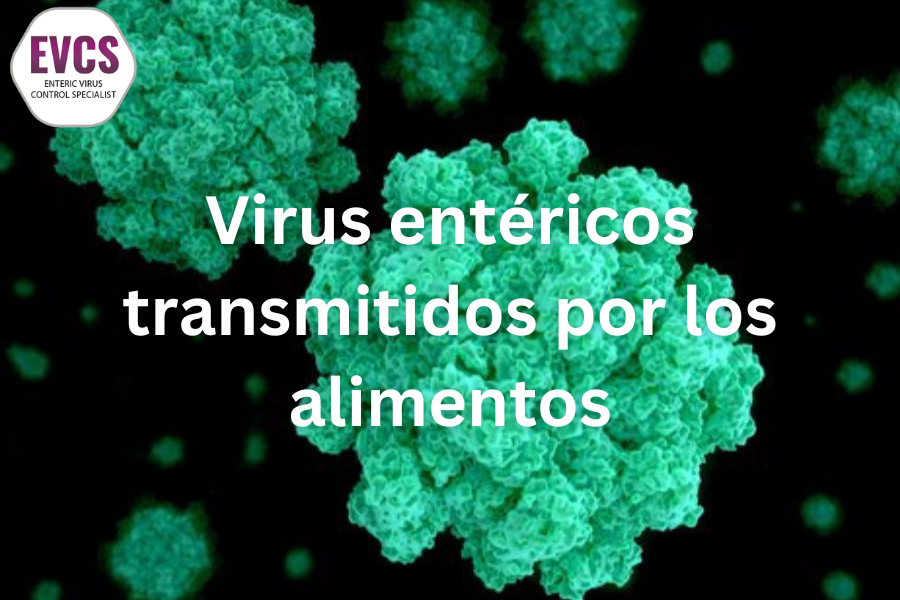
Prevention and Control of Enteric Viruses in Food Production and Processing Environments Bundle includes all five courses: Foodborne Enteric Viruses, Worker Health and Hygiene, Controlled Use of Water, Equipment and Tools, and Waste Management.